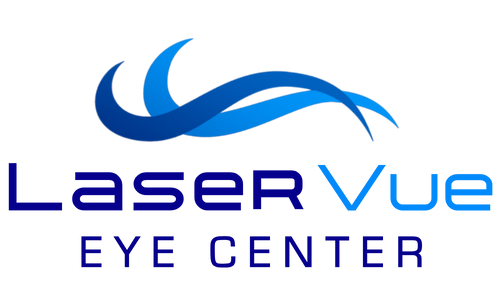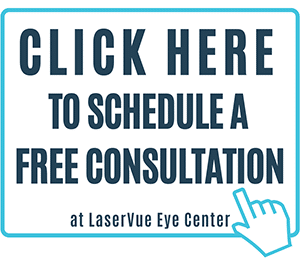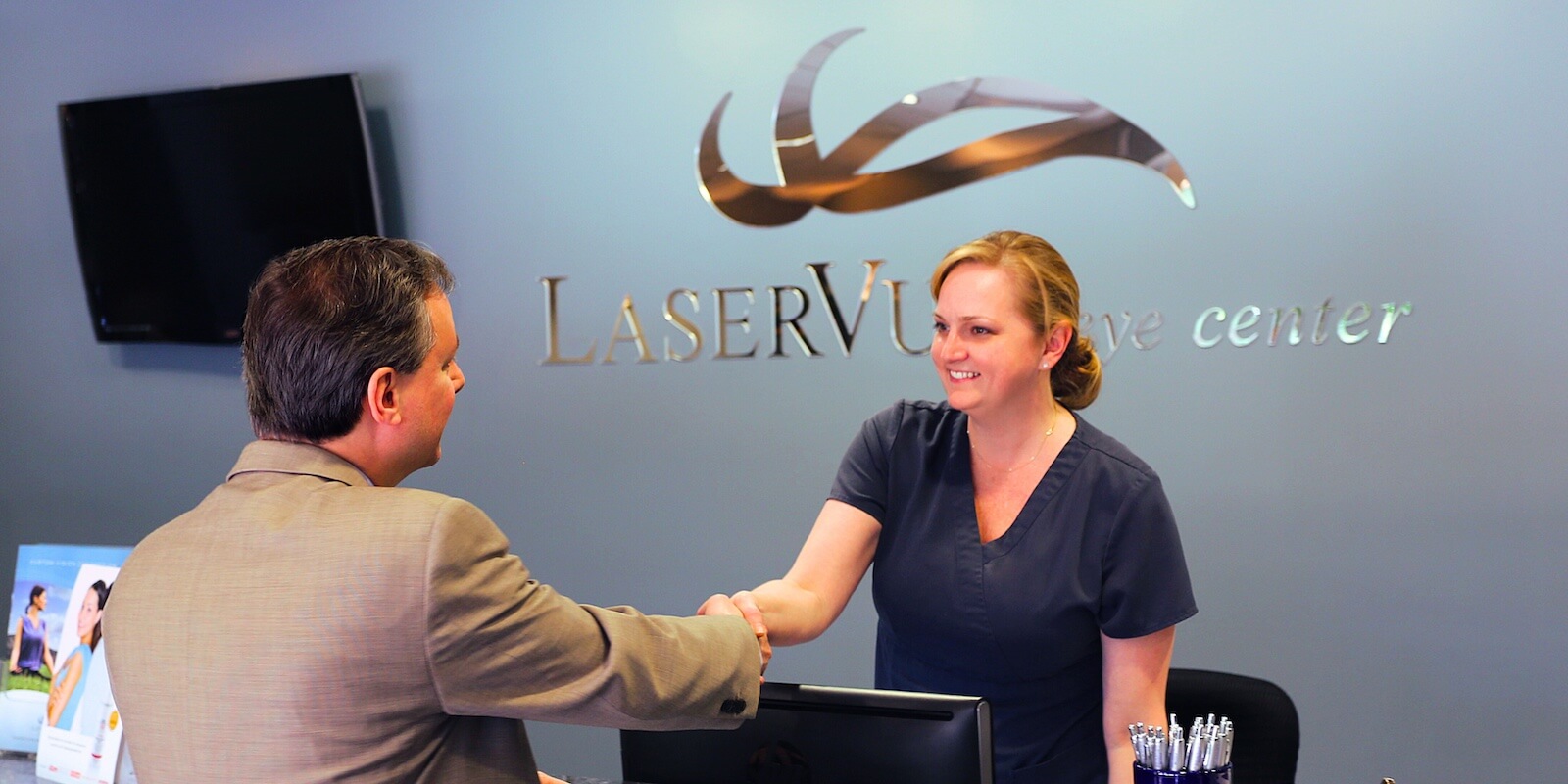Posted by: LaserVue LASIK & Cataract Center in Eye Health,LASIK,Vision Correction Questions

Can My Vision Change After Having LASIK Eye Surgery?
Since it’s approval by the FDA in 1999, over 10 million people in the U.S. have undergone LASIK eye surgery. One of the many benefits of this life-changing procedure is the vision correction you receive during LASIK eye surgery is permanent!
However, there are several eye changes that are more common as people age that can affect anyone’s vision — even after receiving LASIK.
Read on to learn more about the lasting effects of LASIK eye surgery, and the possible vision changes you can still experience later on in life.
LASIK Eye Surgery Permanently Corrects Refractive Errors
LASIK eye surgery is a permanent solution to correct refractive errors such as nearsightedness, farsightedness, and even astigmatism.
Nearsightedness (Myopia)
Nearsightedness, also known as Myopia, is a common vision condition that makes objects that are farther away blurry, but close-up they appear clear.
Farsightedness (Hyperopia)
This refractive error occurs when your eyeball is shorter than normal or your cornea has too little of a curve. The effects of farsightedness cause distant objects to appear more clear while objects close up appear blurry.
Astigmatism
If you have astigmatism, you will experience blurry vision at all distances. This refractive error is due to your cornea being shaped more like a football, rather than curved more evenly like a basketball.
With advanced laser technology, your eye surgeon at LaserVue eye center physically reshapes your cornea to improve its ability to focus light correctly. Stability of your prescription is an important factor your eye doctor takes into consideration at the time of determining your candidacy for LASIK eye surgery.
Age-Related Vision Changes
Over time, a number of changes occur in our eyes that affect our vision. LASIK treats your existing vision correction needs but won’t prevent the changes that naturally occur as we age.
Age-Related Farsightedness (Presbyopia)
During early or mid-40s, you may find yourself holding your reading material farther away to see better up close. This is one of the symptoms of presbyopia. Presbyopia is a natural gradual loss in the ability to see clearly up close. It can be corrected with glasses, contacts, and even surgery.
Cataracts
Cataracts are the world’s most common cause of blindness and affect over 25 million Americans today. In fact, people over the age of 65 years have a 90% chance of developing cataracts. A build-up of proteins clouds and hardens the lens of your eye, obscuring the light and causing a disruption in your vision. If left untreated, cataracts will continue to develop and can ultimately lead to total blindness.
Age-Related Macular Degeneration (AMD)
Age-related Macular Degeneration affects your eye’s retina, and causes you to lose your central vision. Your peripheral sight will remain unaffected but if you are looking directly at an object you will not be able to see fine details close-up or farther away. This is a very common age-related vision disorder, and one of the leading causes of blindness in the world.
These are some of the changes in your eyes that may affect your vision over time, even after LASIK eye surgery. During your consultation, your eye doctor will make a detailed evaluation of your eyes to make sure you can enjoy the long-term benefits of LASIK eye surgery.
Get a Free Virtual LASIK Consultation
Our dedicated team of trusted surgeons at LaserVue Eye Center are eager to answer any and all of your vision correction questions. If you have been considering LASIK, visit LaserVue Eye Center online to schedule a free virtual LASIK consultation.
If you have previously received LASIK and are experiencing new vision changes, contact us as soon as possible at 1-800-527-3745 or online to schedule an eye exam.


